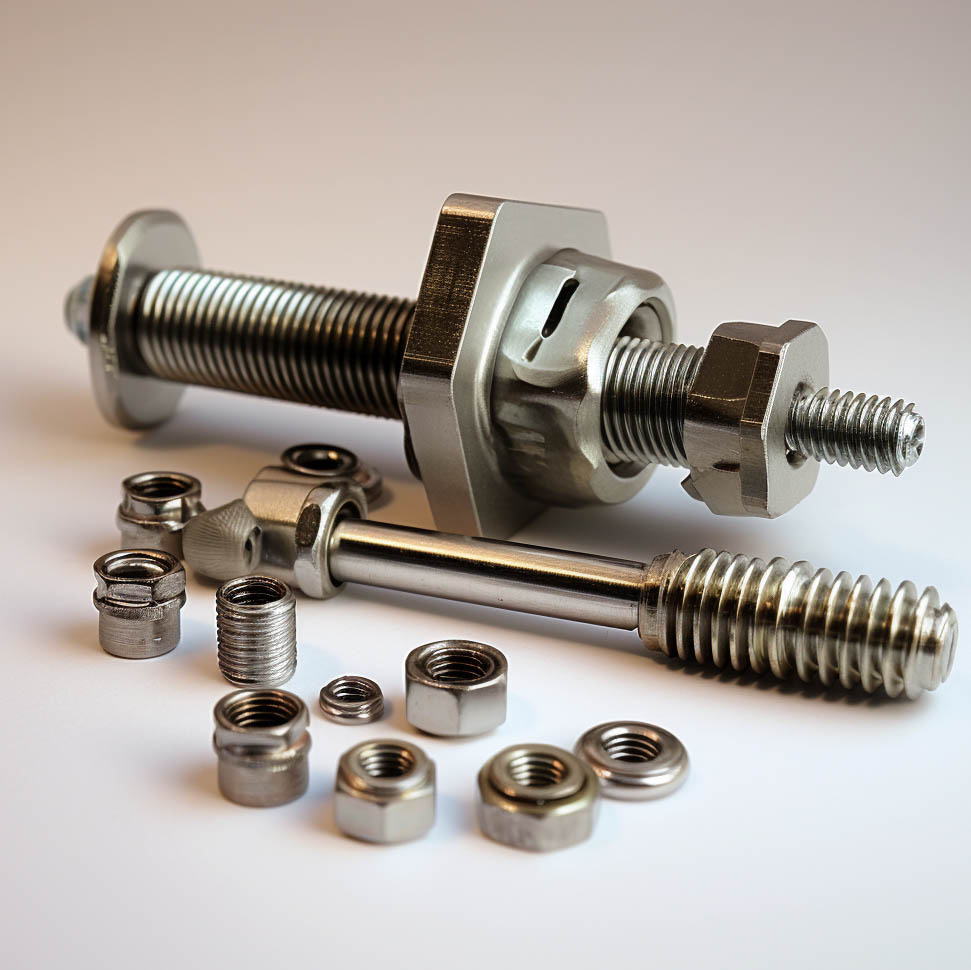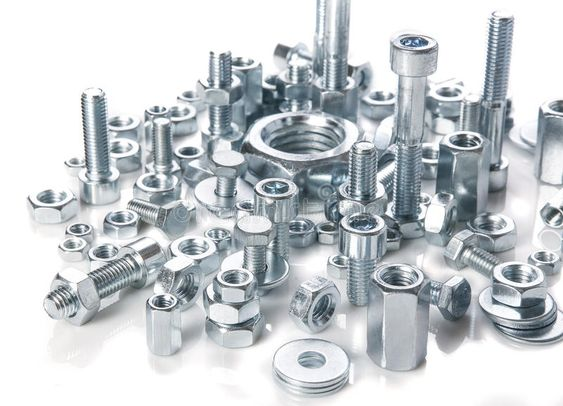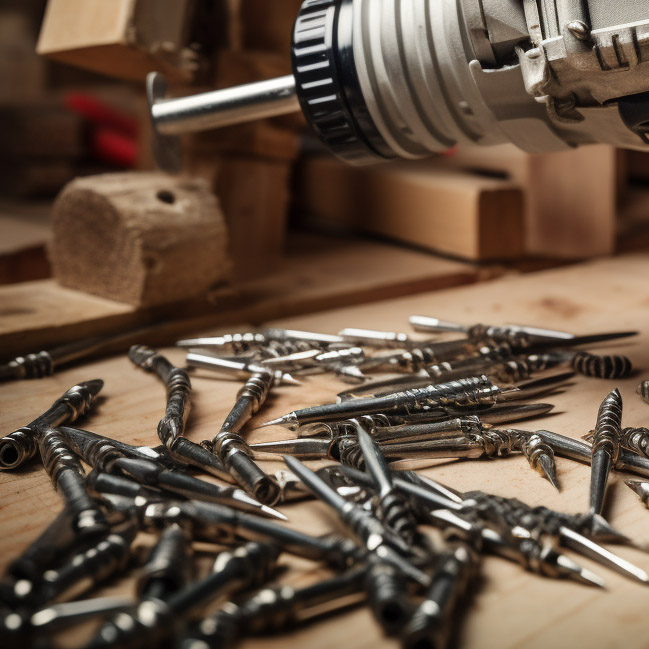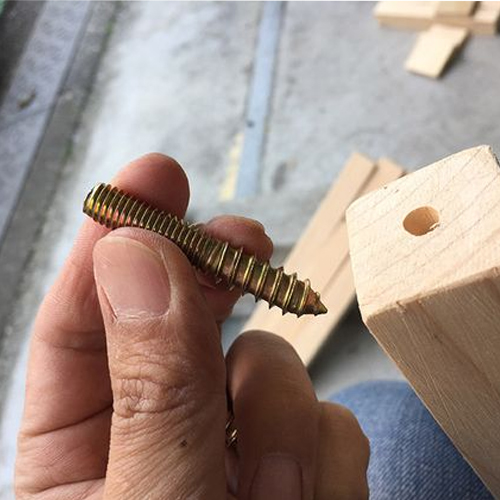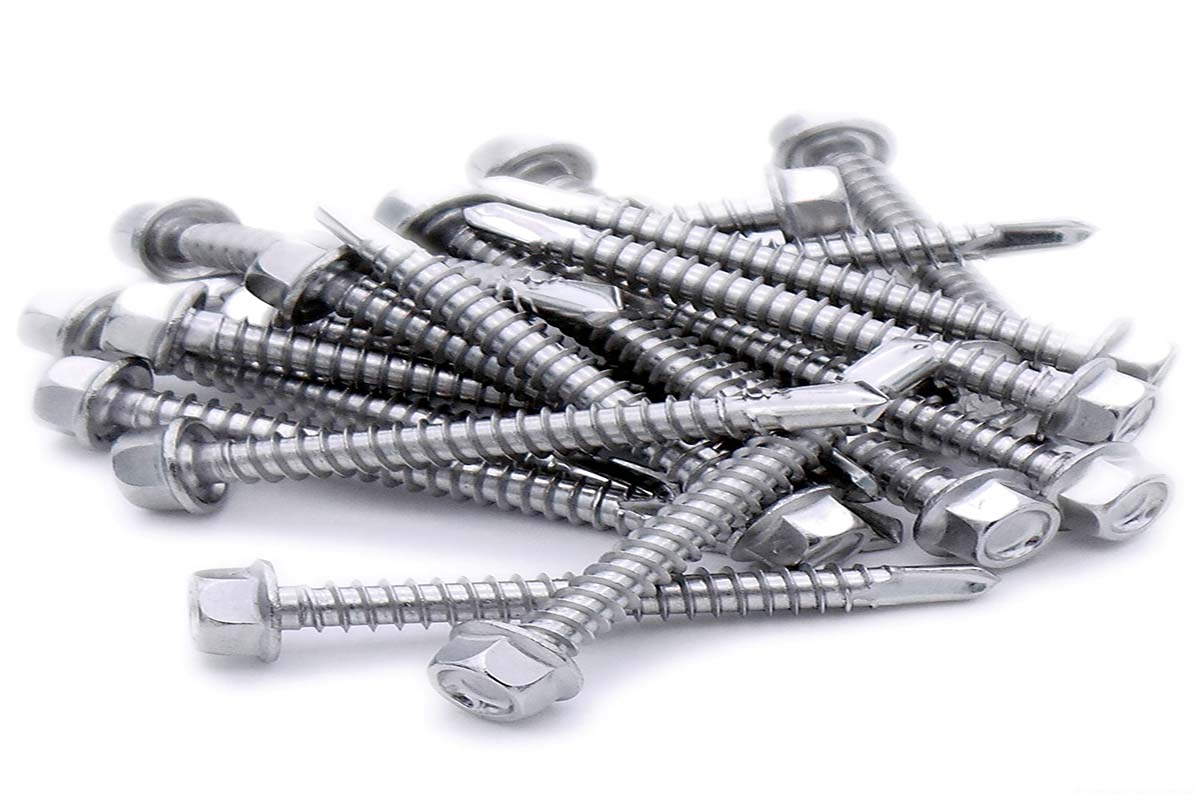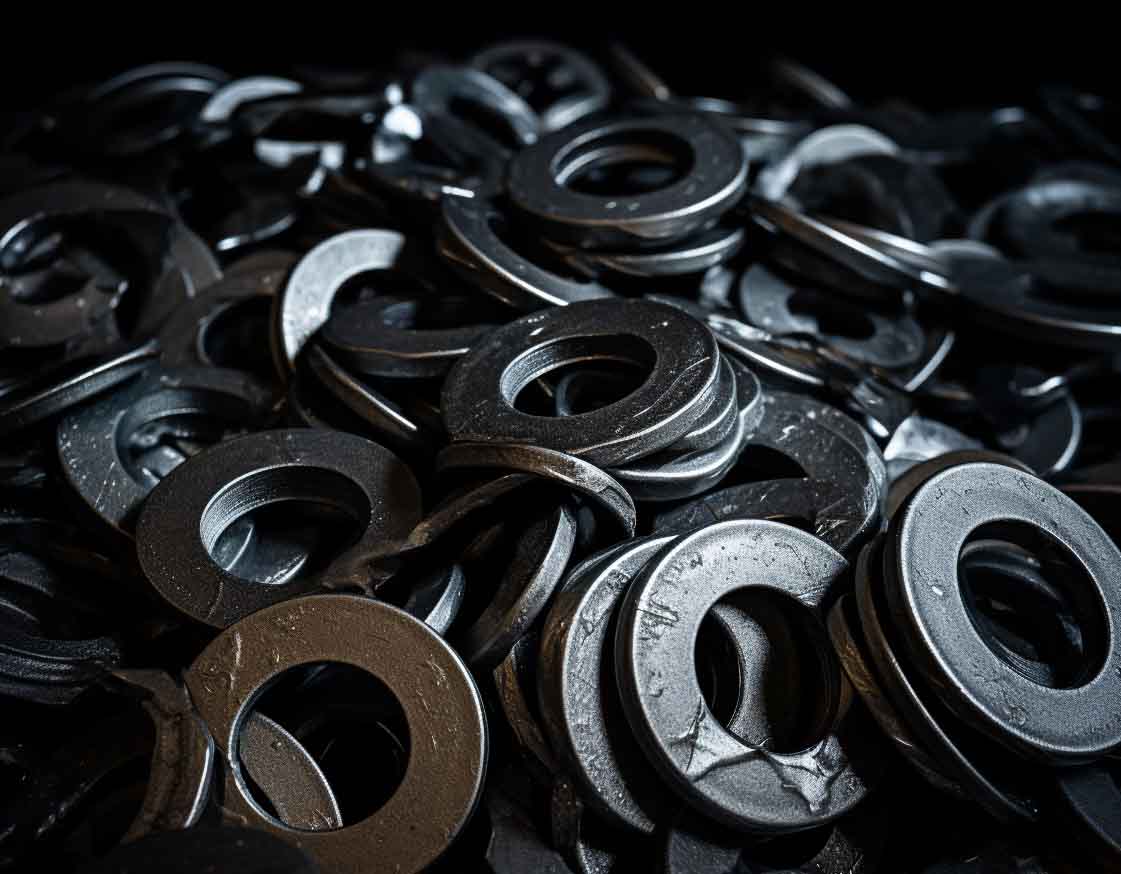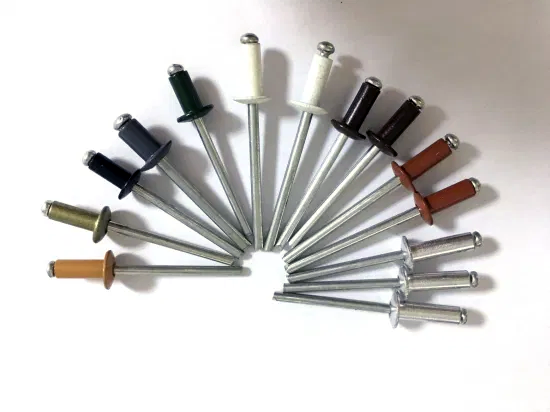How to choose which screw to use?
Selecting suitable screws involves considering factors such as material compatibility, load requirements, and environmental conditions. It’s important to assess the specific needs of the project and choose screws that meet those requirements.
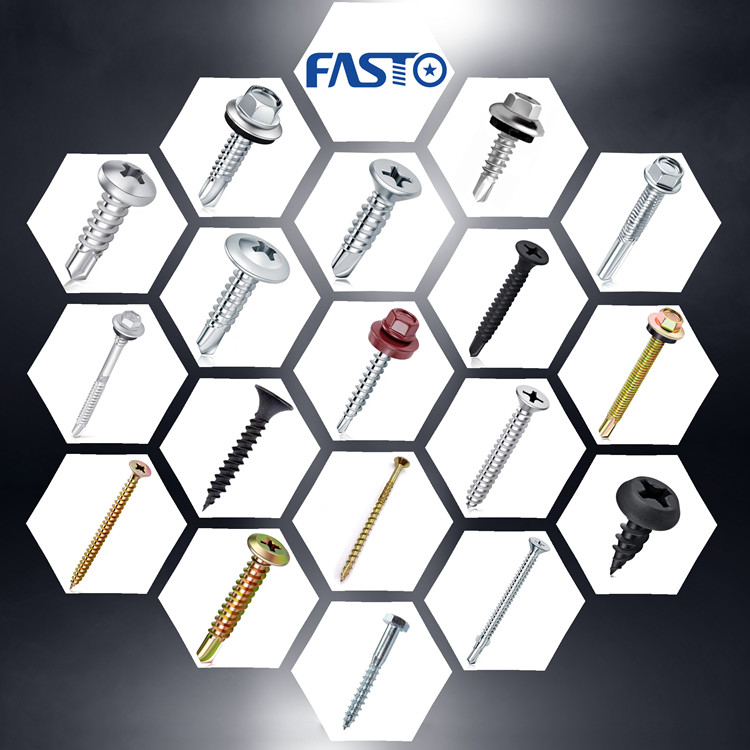
- Concrete Screws:
- Designed for fastening materials to concrete, brick, or block.
- Features a special thread design for secure attachment to masonry surfaces.
- Drywall Screws:
- Intended for fixing plasterboard to wooden battens or metal studding.
- Have a fine thread and a sharp point for easy penetration into drywall and studs.
- Coach Screws:
- Ideal for heavy-duty wood-to-wood applications, such as timber construction and landscaping.
- Feature a large, coarse thread for strong grip and resistance to pull-out forces.
- Machine Screws:
- Used with tapped holes or in conjunction with a nut for fastening metal parts together.
- Available in a wide range of sizes and types, including pan head, flat head, and round head.
- Self-Tapping Screws:
- Designed to create their own mating threads when driven into a pre-drilled pilot hole.
- Commonly used in metal, plastic, or wood applications where tapping a thread is impractical.
- Self-Drilling Screws:
- Suitable for metal applications where pre-drilling a hole is not feasible.
- Feature a drill bit-like point for drilling and tapping in a single operation.
- Wood Screws:
- Specifically designed for fastening wood to wood or wood to metal.
- Available in various head styles, such as flat head, round head, and oval head.
- Hook Screws:
- Used for hanging items and providing a secure anchor point.
- Available in different sizes and configurations to accommodate various hanging needs.
9.Chipboard screws
- Specifically designed for use with chipboard, particle board, and other engineered wood products.
- Common applications for chipboard screws include furniture assembly, cabinet installation, and general woodworking projects involving chipboard or particle board.
When choosing the appropriate screw for a specific application, it's important to consider the material being fastened, the load requirements, and the environmental conditions. Additionally, selecting the right screw size, thread type, and head style is crucial for achieving a secure and durable connection. If you have further questions about a specific type of screw or its application, feel free to ask for more detailed information.

